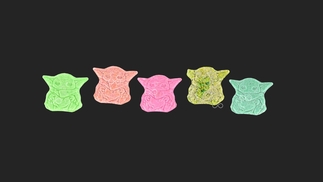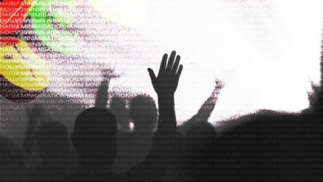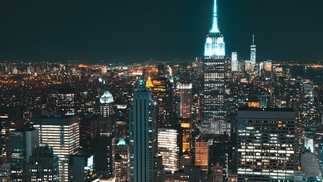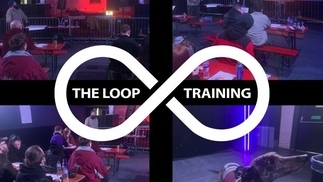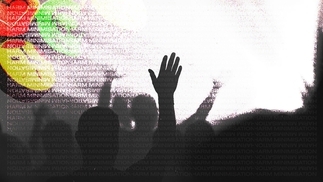Free overdose prevention kits to be provided in New York City clubs and bars under new legislation
"This bill will put lifesaving tools into the hands of more New Yorkers and train them on how to save lives," Mayor Eric Adams' office said
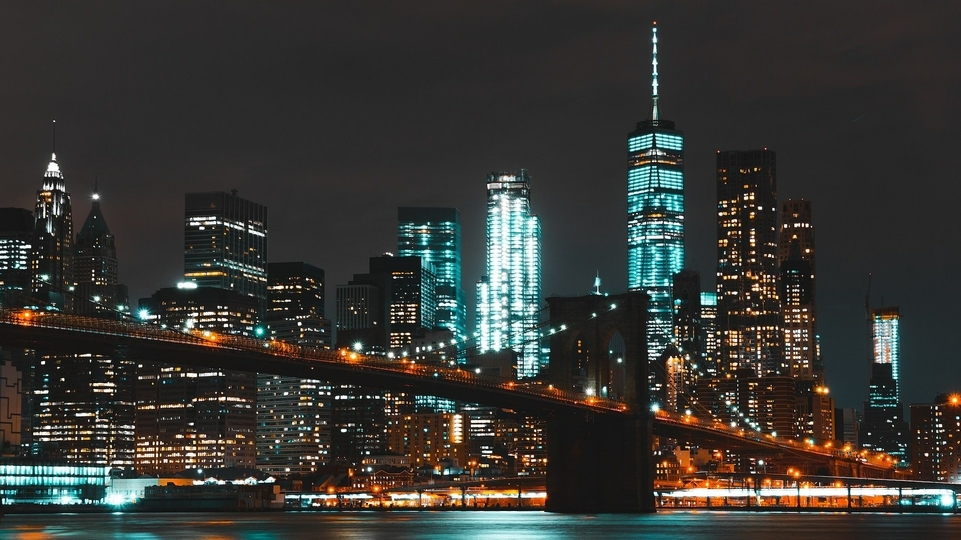
New York City has passed legislation that aims to prevent opioid overdose deaths in the city's bars and clubs.
Titled Intro 56, the bill will provide free naloxone kits of Narcan to nightlife businesses in New York City, according to the announcement from Mayor Eric Adams' office. Narcan is a medication which can reverse the effects of an opioid overdose and re-enables the lungs to send oxygen back to the brain.
"At a time when yet to be released overdose deaths from 2021 are expected to exceed 2020, which saw the highest number of overdoses since record keeping began, this bill will put lifesaving tools into the hands of more New Yorkers and train them on how to save lives," the mayor's office said.
The Narcan Behind Every Bar programme not only distributes the naloxone kits, but it includes free training for nightlife staff on how to safely act if someone is suffering an opioid overdose. "While the fentanyl crisis is not an issue exclusive to nightlife, we know that venues are places where people can look out for and protect each other," New York City Mayor’s Office of Nightlife executive director Ariel Palitz said. This programme is part of a larger city effort to help in the opioid crisis, with new overdose prevention centers already credited with saving lives.
Naloxone kits cost about $140, according to Lauren Flax, the artist who co-founded harm reduction programme Last Night A Deejay Saved My Life in 2021. "I started this because I wanted to get naloxone in the hands of all my friends who were DJs and have them start travelling with it," Flax told Ria Hylton in a 2021 interview. "If something happened in the club, people could come to us in the booth and we could help, but I realised that was a pretty small number, and we needed to reach a bigger group of people — bar staff and patrons... I was like, 'how do we fight this on a local level?'"
Revisit the interview here.
Photo credit: Kai Pilger

